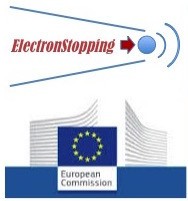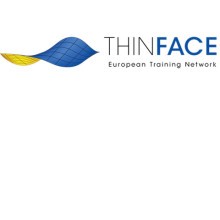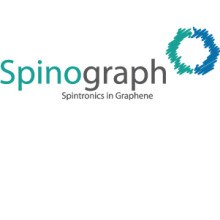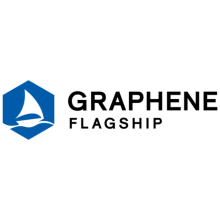Proyectos
Projects at a Glance
InfeMec- Nanomechanics of proteins involved in viral and bacterial infections
We will use bioinformatics and high-throughout screening techniques to identify molecules that alter the nanomecanichs of anchoring proteins and that can potentially be used to prevent infections.MAGNETOP - Probing the effect of Time Reversal Symmetry breaking by the application of a local magnetic field in topological insulators
The Magnetop project aims at providing a complete (local and non-local) picture of the electronic-transport and electronic-structure characteristics of topological insulators as well as to provide means to manipulate and confine their exotic topological states.ANTOMIC - Quantum nanoantennas for atomic-scale optical spectroscopy
The ANTOMIC project (Quantum nanoantennas for atomic-scale optical spectroscopy) studies the quantum limits of light emission and scattering by metallic and molecular nanowires of nanometer sizes. We will identify their plasmon resonances and correlate them with their quantized electronic structure.
THINFACE - Thin-film Hybrid Interfaces: a training initiative for the design of next-generation energy devices
The main concern of the THINFACE project is to push forward new ideas and techniques within the field of hybrid thin films for new energy devices. The approach focuses on sustainable energy solutions and by this meeting one of our most challenging societal issues. To solve these challenges in a multi-disciplinary and intersectorial network gives outstanding possibilities for the young researchers involved.ARTEN - Artificial Enzymes: Protein-Encapsulated Inorganic Nanoparticles
The ARTEN project aims at gaining knowledge on enzyme-analogue catalytic reactions with various inorganics as well as approaching application fields of such composite inorganic enzymes.SPINOGRAPH - Spintronics in Graphene
SPINOGRAPH is a Marie-Curie Initial-Training Network on "Spintronics in Graphene", bringing together 7 academic and 2 industrial partners to train 15 young researchers doing top-class research projects. Spintronics stands for electronics based on the electron-spin degree of freedom. The huge success of spintronics in metals, which started from the pioneering discovery of Giant Magnetoresistance (GMR), has revolutionized the magnetoelectronics industry. Exploration of spin effects in other types of materials is leading to an array of fascinating physical phenomena and holds the promise of future breakthroughs. The discovery of graphene, the first truly two-dimensional crystal, together with the remarkable progress in the fabrication of graphene devices, have naturally led to the exploration of hybrid graphene/ferromagnetic devices to explore spintronics in graphene.GRAPHENE Flagship - Graphene Based Revolutions in ICT and Beyond
The Graphene Flagship is the EU’s biggest research initiative ever, and, according to the European Commission, ‘history’s greatest distinction for excellent research’. With a budget of one billion EUR, the Graphene Flagship is tasked with taking graphene from the realm of academic laboratories into the European society in the space of ten years, thus generating economic growth, new jobs, and new opportunities for Europeans as both investors and employees.TREASORES - Transparent Electrodes for Large Area, Large Scale Production of Organic Optoelectronic Devices
TREASORES is a project concerned with cheaper production of large-area organic electronics such as lighting panels and solar cells. This will be achieved by developing materials and processes that are compatible with roll-to-roll processing technology, in particular transparent electrodes, barrier foils, and encapsulation layers.
By funding program
Contacto

Yurdana Castelruiz
Projects Manager
+ 34 943574022
y.castelruiz[at]nanogune.eu





